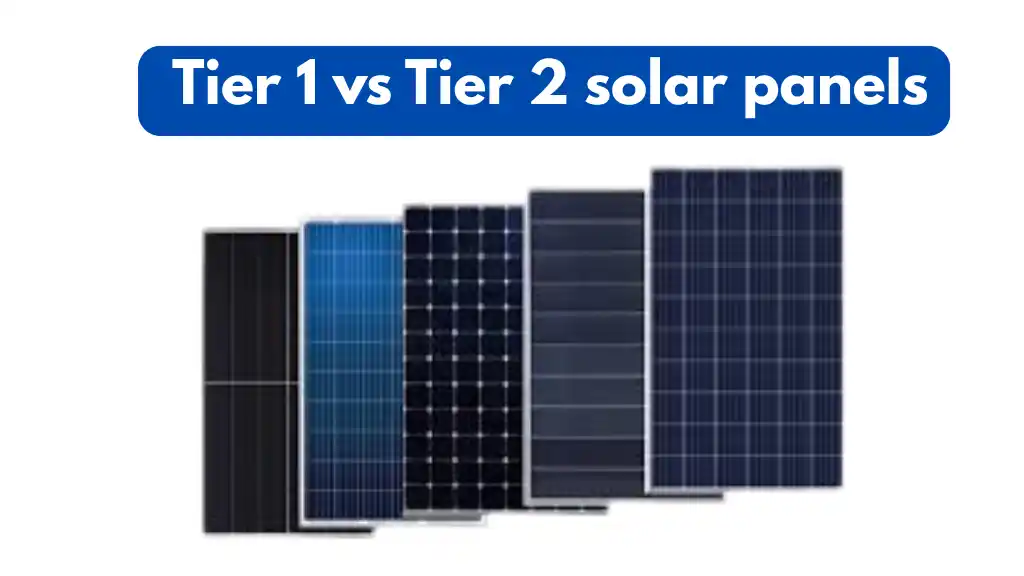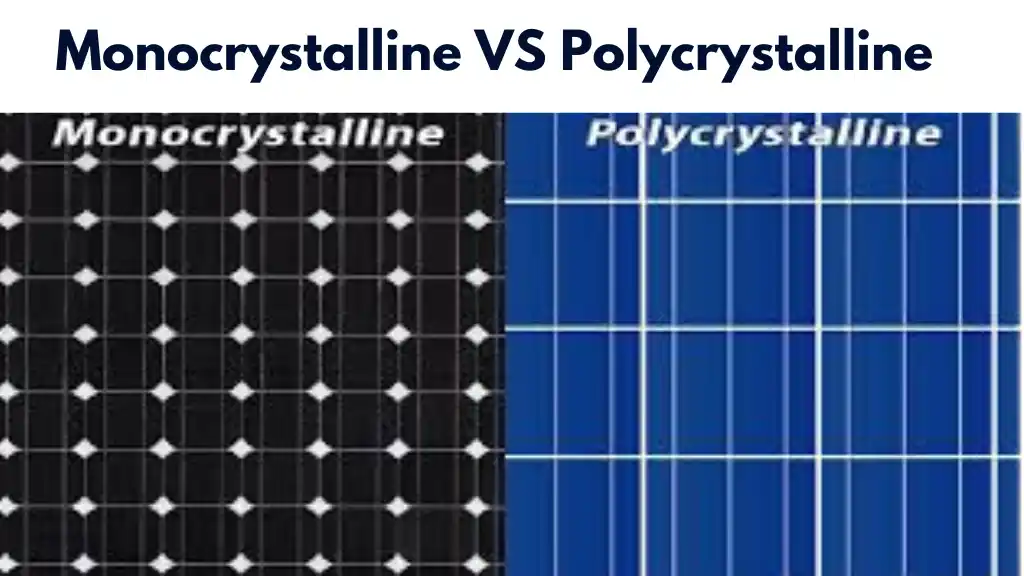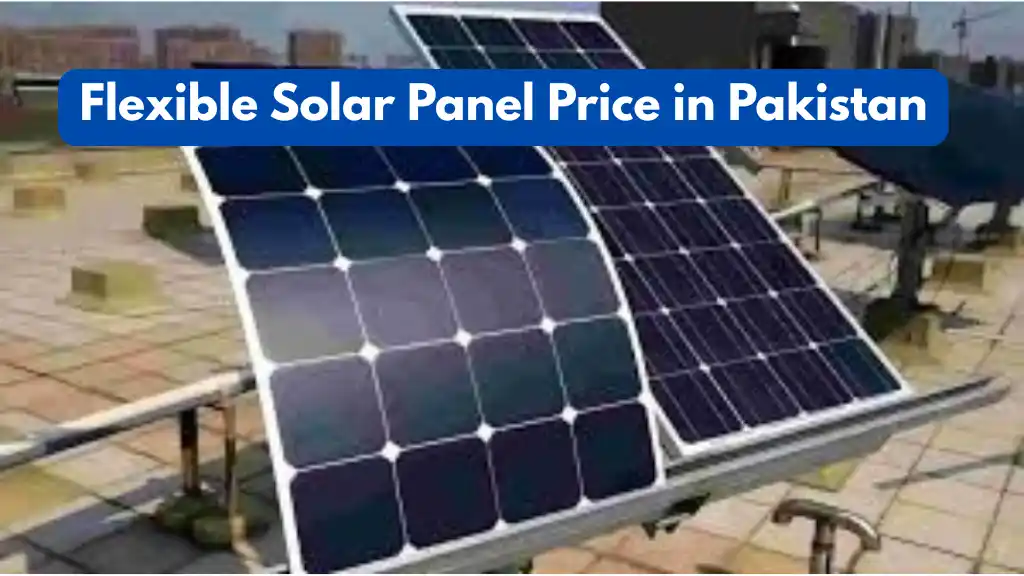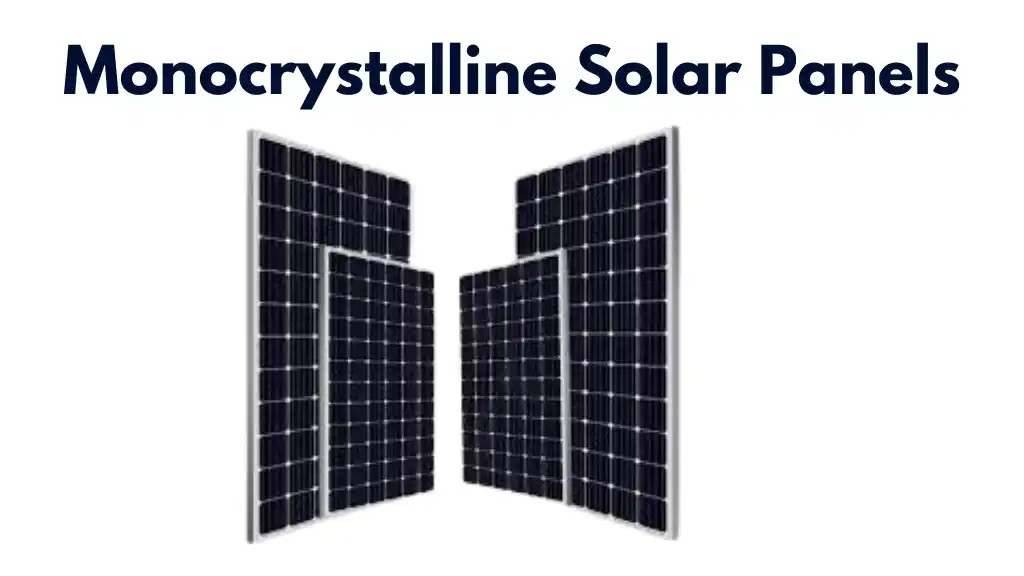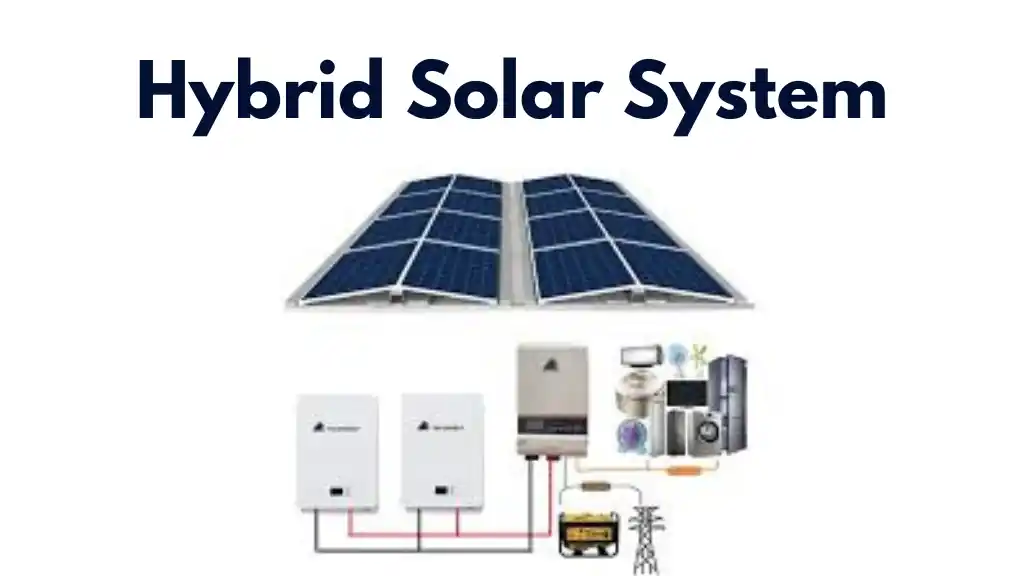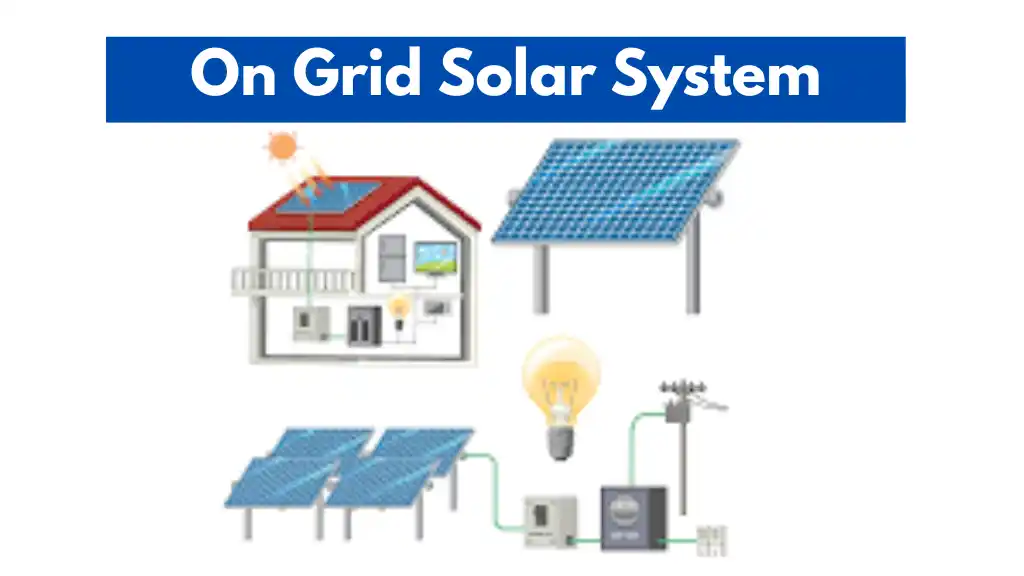Off Grid Solar System: Way to Energy Freedom in Pakistan
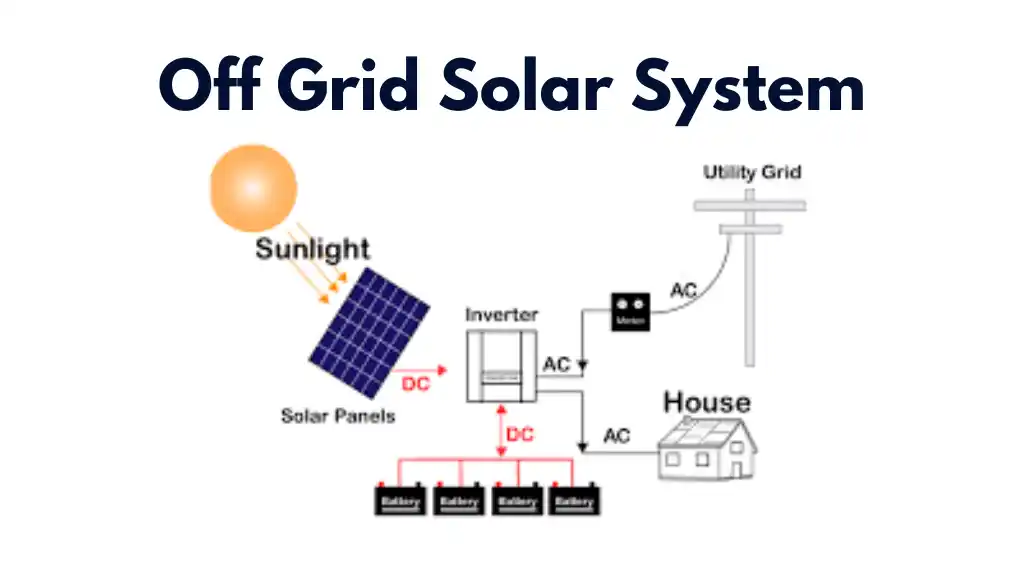
Living without reliable electricity is hard, especially in Pakistan’s remote areas where power lines don’t reach. Off-grid solar systems can change that. These setups use solar panels, batteries, and a few smart devices to give you energy day and night. In this guide, we’ll break down everything you need to know about off grid solar system in Pakistan, including costs, benefits, and how to choose the right system for your needs.
What Is an Off Grid Solar System?
An off-grid system generates power independently, with no link to the electrical grid.. It helps us to generate, store, and utilize solar energy independently. There is no need for external power sources with this solar system. This system is suitable for areas where access to the grid is unreliable.
Further Reading: On Grid Solar Systems
Key Components of an Off-Grid Solar System
Solar Panels: They convert sunlight into direct current (DC) electricity. Solar panels performance and size is affected by the number of cells.
Charge Controller: It is another important factor that controls electricity flow from panel to battery.
Storage Batteries: These are among the important components used to store excess energy for later use.
Inverter: It is a core element of off-grid systems and responsible for converting DC power to AC. Homeowners use this electricity in their appliances.
Mounting Structures: These are necessary for securely positioning the solar panels.
On-Grid vs. Off-Grid: What’s the Difference?
When choosing a solar energy system, one of the most important decisions is whether to go on-grid or off-grid. Both systems have their unique features, benefits, and limitations. Different factors affect this decision. Here, I have listed the key differences between on-grid and off-grid solar systems:
Connection to the Grid: Staying Linked or Going Independent
On-Grid: It is connected to the public electricity grid and relies on it for backup power when solar production is low or none.
Off-Grid: Completely independent of the grid. It generates and stores all its own electricity using batteries.
Energy Storage: Batteries vs. Grid as Your Backup
On-Grid: Does not require batteries.On-grid system sends excess energy to the grid and you can use it when you are in need.
Off-Grid: Needs battery storage to keep energy available during nights or cloudy days.
Performance during power cuts: Reliability in Emergencies
On-Grid: It shuts down during grid outages for safety reasons (unless paired with a hybrid inverter and battery).
Off-Grid: It provides uninterrupted electricity during power failures as it works independently.
Cost: Upfront Investment and Long-Term Savings
On-Grid: This system has lower cost as it works without batteries.
Off-Grid: As we know that this system needs batteries and additional components, that’s why it costs higher upfront costs.
Net Metering: Earning Credits vs. Complete Self-Sufficiency
On-Grid: It can take advantage of net metering and allows users to get credit on excess energy.
Off-Grid: It does not support net metering as it is not connected to the electricity grid.
Maintenance: Simplicity vs. Regular Upkeep
On-Grid: Requires minimal maintenance since there are no batteries to manage.
Off-Grid: Requires regular maintenance of batteries, which need to be replaced every 5–10 years.
Ideal Use Cases: Matching Your Location and Needs
On-Grid: Best for areas with reliable grid power and favorable net metering policies.
Off-Grid: It is perfect for areas which have no access to the grid or face power failures.
Environmental Impact: Clean Energy with Different Footprints
Both systems help us to lower carbon emissions. If you have reliable grid access and want to save on electricity bills, an on-grid system is a cost-effective and low-maintenance option. On the other hand, if you live in an area where power failure is common, an off grid solar system is the way to go.
Why Go Off-Grid in Pakistan?

Going off-grid in Pakistan is a popular choice for homeowners, businesses, and communities seeking energy independence. With frequent power failures, rising electricity costs, and many remote areas lacking access to the grid, off-grid solar systems offer a practical solution. Here are the key reasons why going off-grid in Pakistan is a smart decision:
Energy Independence for Remote Areas
Long-Term Savings and Financial Benefits
Reliable Power Supply
Environmentally Friendly and Sustainable
Ideal for Agriculture and Rural Development
Customizable and Scalable
Government and Global Support
Real-Life Applications in Pakistan
How Much Does an Off-Grid Solar System Cost in Pakistan in 2025?
The cost of an off-grid solar system in Pakistan can vary based on the size,quality of components and installation requirements.As solar technology advances, prices are expected to remain competitive in 2025.
Cost Estimates for Off-Grid Solar Systems
3 kW Solar System: Approximately PKR 510,000. This includes essential components like a hybrid inverter, solar panels, and installation costs.
5 kW Solar System: Estimated at PKR 510,230. This includes nine N-type solar panels, a hybrid inverter, batteries, and installation.
7 kW Solar System: The price is around PKR 800,000 to PKR 1,000,000 depending on specific components and installation requirements7.
10 kW Solar System: This system can power multiple household appliances and is popular among average households due to its capacity
What factors influence the cost of off-grid solar systems in Pakistan?
Several factors influence the cost of off-grid solar systems in Pakistan. Here are the key factors:
System Capacity
Solar system capacity is a major factor that affects cost. It is measured in kilowatts(KW). Larger systems have higher prices due to the increased number of solar panels.
Quality of Components
The choice of components, including solar panels, batteries, and inverters affects pricing. Higher-quality components cost more as compared to b-grade components.
Battery Specifications
Different battery technologies (e.g., lead-acid vs. lithium-ion) have varying costs and lifespans.
Installation Complexity
More challenging installations may require specialized labor, increasing overall costs.
Geographic Location
The installation’s geographic location impacts pricing due to variations in sunlight hours, climate conditions, and local market dynamics.
Government Incentives
Government offers different incentives for solar energy.These incentives help lower the overall expense of installing an off-grid solar system.
Economic Factors
Market dynamics, including currency exchange rates and inflation, can also influence the pricing of solar components in Pakistan.
Warranty and Support
A solar system consists of many components. There are a lot of brands providing these components. Brands with long warranty always charge high costs.
Conclusion
An off grid solar system is a great way to get reliable and clean energy, especially in areas without grid access or with frequent power failures. It provides uninterrupted power, reduces electricity bills, and helps the environment by using clean energy.

